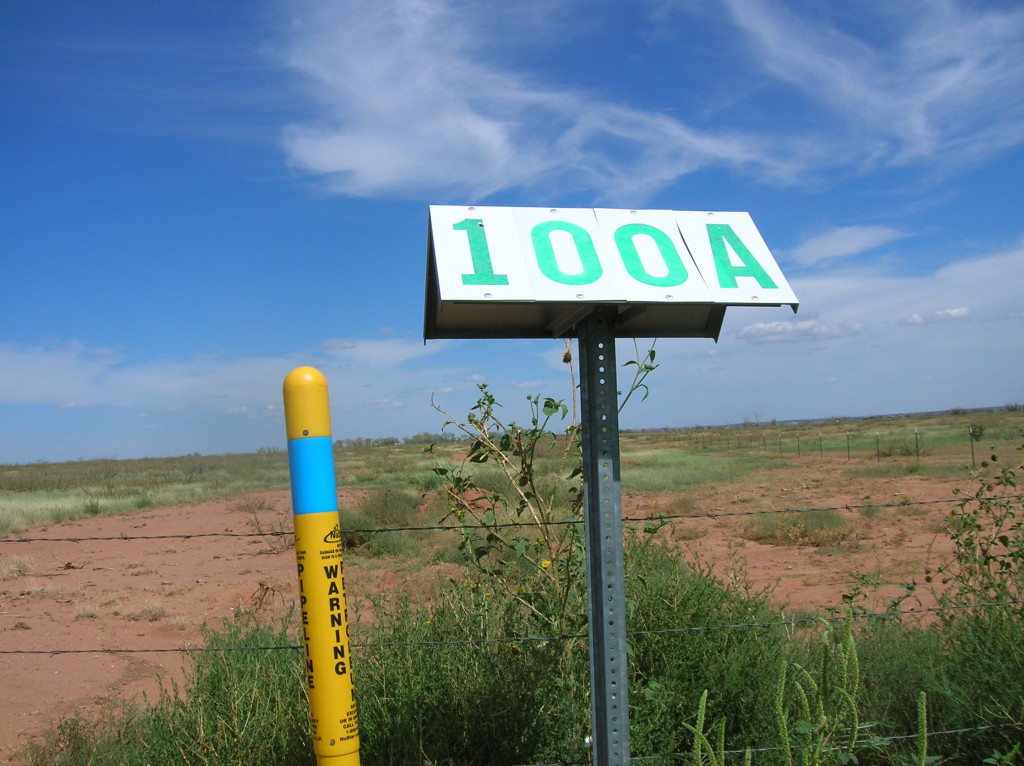
The Fourteenth Court of Appeals in Houston recently issued an opinion in Texan Land and Cattle II v. ExxonMobil Pipeline Co., a case involving a dispute over the meaning of the words “oil and gas” included in a 1919 pipeline easement agreement. This case is a good reminder for landowners about the importance of drafting detailed easement agreements and the long-lasting effects these easements can have on property.

Background
Texan Land and Cattle (TLC) own a piece of land in Harris County. In 1919, the prior owner of the property granted a pipeline easement across the property to Humble Oil Company, the predecessor of ExxonMobil. The easement grants the right to lay, maintain, operate, and remove a pipeline for the “transportation of oil or gas” across the property. “Oil or gas” is not defined in the easement. Since 1995, ExxonMobil has been transporting gasoline and diesel through the pipeline.
TLC filed suit claiming that ExxonMobil was exceeding its rights under the easement. Specifically, TLC argues that the easement allows ExxonMobil to transport only “crude oil” or “crude petroleum” but not refined products such as gasoline and diesel. ExxonMobil, however, argues that the terms “oil and gas” as used in 1919 include refined products.
The trial court found in favor of ExxonMobil and granted summary judgment. TLC filed an appeal.
Court Opinion
The Court of Appeals affirmed the trial court decision. [Read Opinion here.]
There were no Texas appellate decisions addressing the meaning of “oil and gas” used in a pipeline easement. Thus, the Court’s task was to give those terms their “plan, ordinary, generally accepted meaning.”
First, the Court looked to dictionary definitions from the early 1900’s offered by ExxonMobil, which broadly defined the term “oil” and included terms like “petroleum and its derivatives” and “mixtures of hydrocarbons.” Similarly, ExxonMobil offered definitions of “gas” from the 1910s and 1920s that included “any gas or gaseous mixture” and “any combustible gaseous mixture used for illuminating or as fuel.” A 1922 publication, A Handbook of the Petroleum Industry defined “oil” as including “petroleum products” and referred to gasoline as “clear, white-water oil” as well as referring to gasoline and other petroleum products as “oil.” Additionally, the Court relied on an Ohio case, where the Supreme Court faced the same legal question as here and held that “oil or gas” included products in both refined and natural states. TLC argued that various statutory definitions from the tax code and conservation statutes that separately listed oil and gasoline should govern, but the Court rejected that argument as they were unrelated to easements and were not in existence in 1919 when the easement was signed.
Thus, ExxonMobil did not exceed its rights under the easement and summary judgment was proper.
The deadline for filing a petition for review to the Texas Supreme Court expired on July 1, 2019 with no appeal filed.
Key Takeaways
This case illustrates the importance of carefully drafting any pipeline easement (or any easement at all). Had the parties defined the meaning of “oil or gas” or explicitly set forth limitations on what could or could not be transported through the line, this type of conflict might have been avoided. Further, this case is a good reminder that pipeline easements can last for a very long time–here, a century–and will impact far more than the landowner who signs the easement, including children, grandchildren, heirs, or future owners. This is why I always recommend working with an experienced attorney to negotiate any type of pipeline easement across one’s property.
For more information on pipeline easement negotiation, click here for my Pipeline Easement Negotiation Checklist, and click here and here for prior podcast episodes on this topic.











